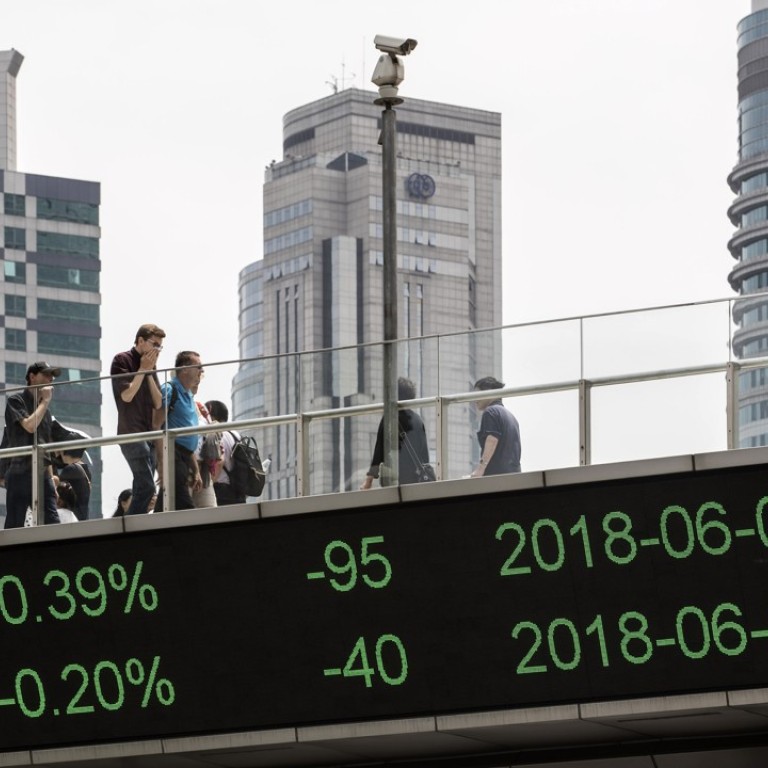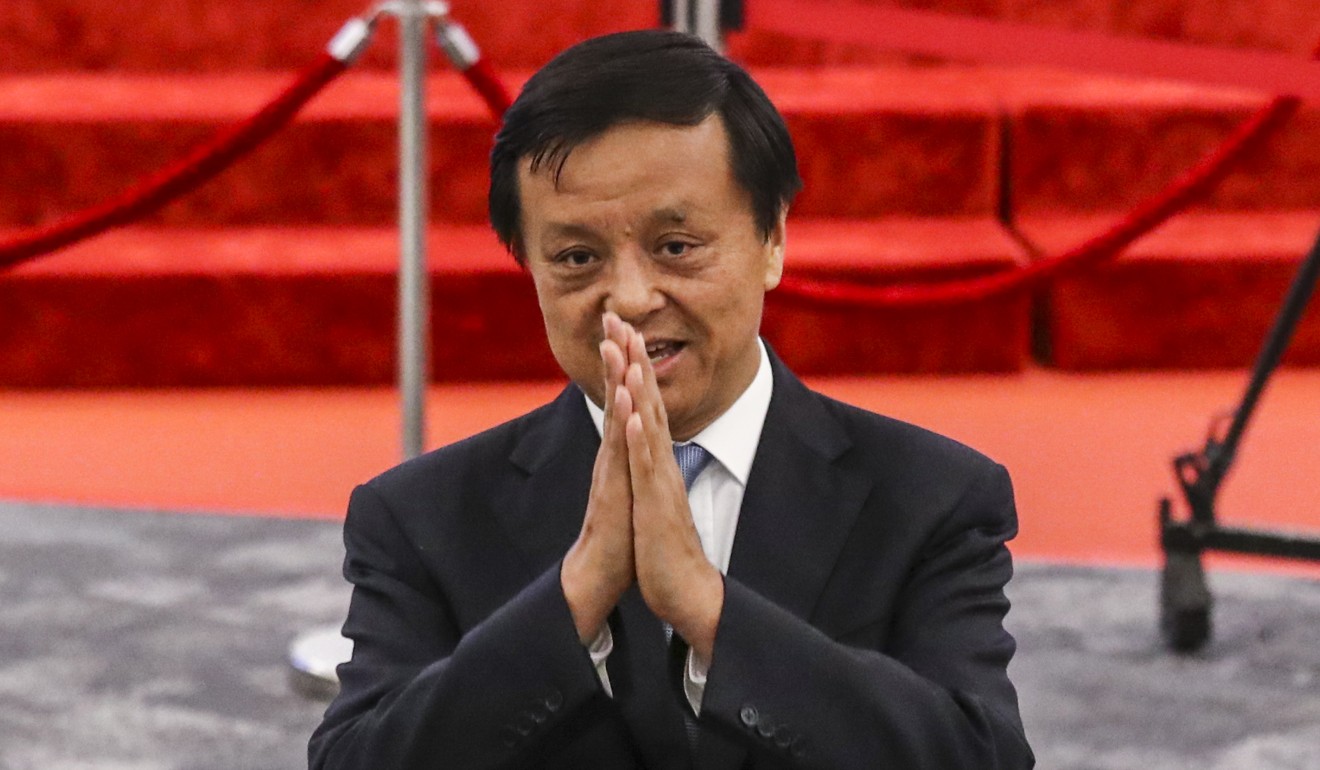
Hong Kong poised to create Chinese treasury bond futures market
Hong Kong Exchanges and Clearing (HKEX) is expected to relaunch an improved version of Chinese treasury bond futures in Hong Kong, possibly as soon as this year, in an effort to broaden the yuan-denominated financial market and deepen the trading liquidity of the Bond Connect scheme.
The exchange introduced a pilot five-year China Ministry of Finance treasury bond future in April last year. But it’s pricing was seen as non-indicative, with inactive market trading.
Re-establishing a Chinese treasury bond futures market in Hong Kong for the buying and selling of bonds on a specified date in the future will help increase liquidity in Chinese interest rate products, and push the development of yuan internationalisation, said Charles Li Xiaojia, chief executive of HKEX.
Unlike global financial markets that comprise numerous financial derivative tools for hedging risks and speculation, foreign investors are currently limited to Chinese primary, cash instruments such as stocks, bonds, commodities, and currencies.
“Interest rate products ultimately is the big next leap. To get the virtuous cycle [in RMB internationalisation] established, ultimately the issue is about liquidity, products and who the users are going to be,” Li said at a conference last week. “People trade these products because of differing fundamental interest rates, which can drive risk, or return, or the economics of the activities they are undertaking.”
Last July, China kicked off the Bond Connect scheme, a channel allowing foreign investors access to the mainland’s US$9.3 trillion bond market using Hong Kong as a conduit. Over 300 participants have enlisted to the programme but turnover remains modest so far, with average daily turnover at about 3 billion yuan (US$466 million).

About 40 per cent of foreign investors taking part in the mainland onshore bond market use the bond connect, with the rest using other channels such as the Chinese interbank bond market access direct scheme, and QFII and RQFII, according to E Zhihuan, chief economist at Bank of China Hong Kong.
Interest-rate derivative products, such as bond futures, bond repurchase agreements (repos), and bond forwards, are needed by foreign investors to manage their trading risk, especially if they ramp up their investment portfolios in China in the coming years, analysts said.
For example, investors may want to apply a market strategy of buying a Chinese government bond, while at the same time paying a derivative to hedge against rising interest rate risks amid concerns over tighter monetary conditions. Currently the only option available would be for the investor to simply sell its bond holdings outright to avoid such risks.
Li said that the exchange would begin “serious efforts” to launch “comprehensive Chinese treasury bond futures” this year, or by early next year.
CG Lai, head of global markets, Greater China at BNP Paribas said that foreigners so far have chosen to only invest in safe-haven government bonds in China’s debt market rather than in the riskier and less liquid corporate bonds, a trend that underscored the challenges that the market is facing.
Foreign holding of yuan-denominated bonds rose to 1.36 trillion yuan in March compared to 1.30 trillion yuan in January and 1.16 trillion yuan i
n December. In 2017, their bond holdings were made up 56 per cent by government bonds and 40 per cent by policy bank bonds, according to data from Bank of China and Chinabond, the nation’s central depository and clearing system.
Creating a Chinese repo market would theoretically attract sophisticated investors to take up short bond positions like in the US or Japanese fixed income markets. But the ongoing debate remains whether such a market should employ the international structure of adopting title-transfer repos or the Chinese-style pledged repos, Lai said.
“We have done well to introduce the concept of the Chinese interbank bond market to the rest of the world. But the critical issue now is whether we can actually bring in the offshore investors,” said Lai.

